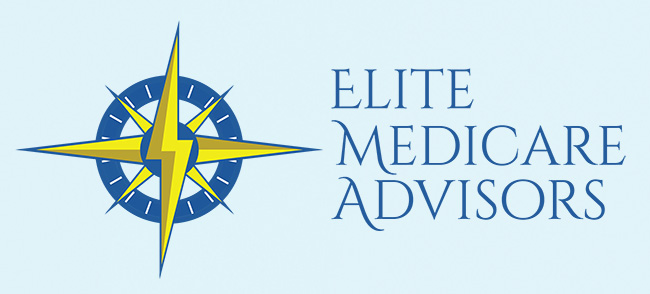Medicare Eligibility
Before you can enroll in Medicare, it’s important to know when you’ll become eligible for Medicare. Many people will become eligible for Medicare once they are 65, but there are other ways to also be eligible.
If you are under 65, for example, you can be eligible for Medicare by:
- Getting Social Security disability benefits for two years
- Being diagnosed with End-Stage Renal Disease
- Being diagnosed with Amyotrophic Lateral Sclerosis
You can qualify for premium-free Part A if you or your spouse worked for ten years or more. If you have not worked for this amount of time, you will still be eligible for Part A, but you will have to pay a monthly premium instead.
Your Part B eligibility will be the same as Part A, but you cannot qualify for a premium-free Part B plan. You must pay a monthly premium for Part B.
You will be enrolled automatically for both Part A and B if you get Social Security benefits.
Medicare Part C and D Deductibles
Many Medicare Advantage (Part C) plans will have a $0 premium. Not all, but some of the $0 premium Medicare Advantage plans will also have a $0 deductible.
Like Part B, the Part D deductible is a yearly deductible. However, each Part D plan will vary. The maximum deductible a Part D plan can have as of 2021 is $445, but some plans will have deductibles that are less than this or have no deductible at all.

Do I Have to Enroll in Medicare?
FREE Evaluation of your current plan in less than 5 minutes
- One stop Medicare support
- Enrollment Guidance
- Save time and money
- 30+ top-rated insurance companies
- Our services are 100% free to you
- Free Claims Support for Life

